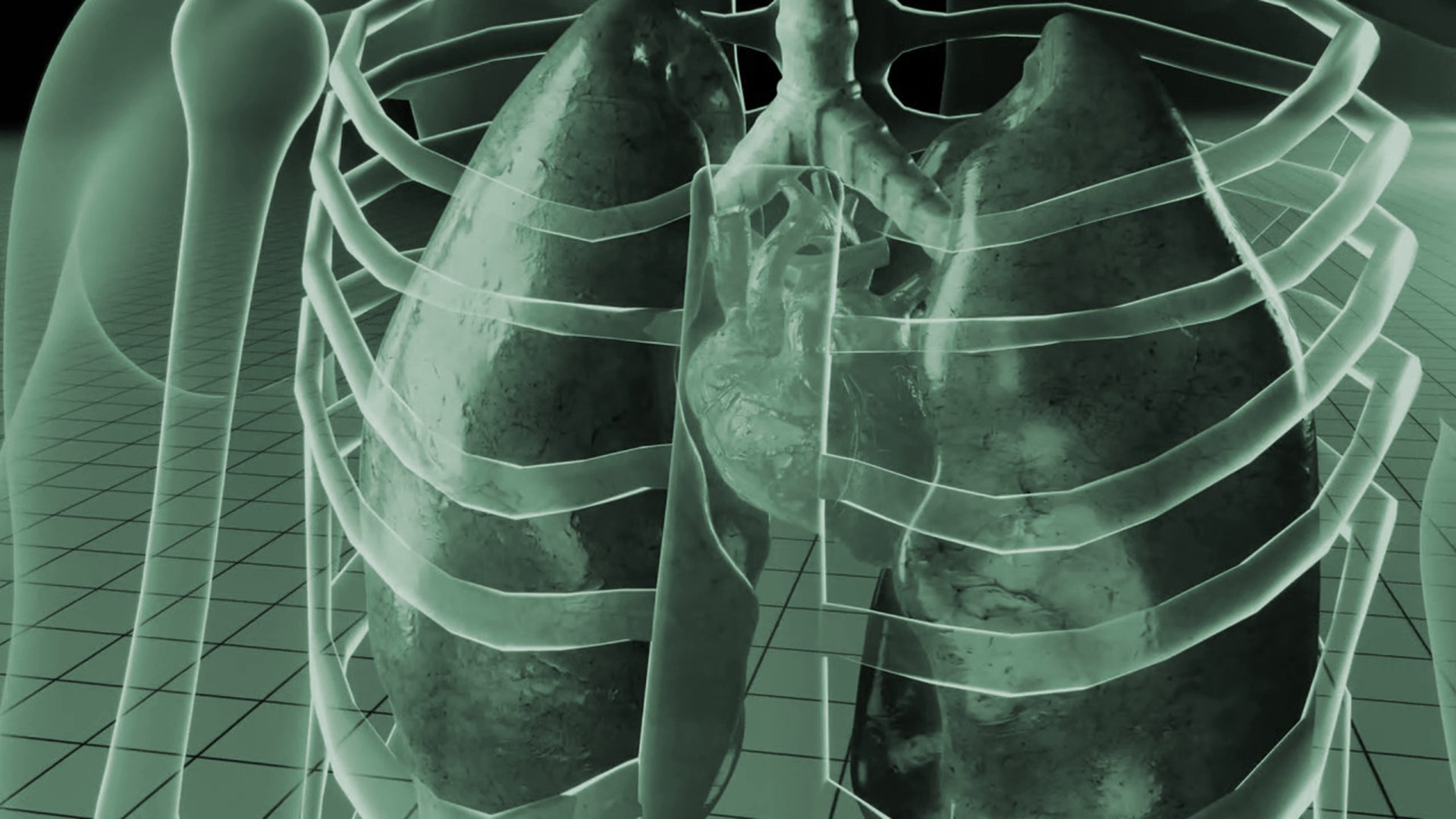WILLIAMSPORT, Pa. — When it comes to matters of the heart, there are risk factors to be mindful of. Things that cannot be controlled, like age and gender, and things that can be controlled.
"We certainly can control our diet, we can control our exercise, we can control our stress sometimes, we can control our sleep habits," said Dr. Jeffery Gilbert.
Dr. Gilbert, a cardiologist with UPMC, says he sees patients with common heart conditions.
"The heart conditions expand from the pericardium, which is the sack that the heart sits in, to the muscle to the coronary artery disease or the coronary arteries and also to the valves."
Dr. Gilbert adds most of these conditions can be prevented by getting a physical exam from your primary physician.
"Regular exercise, cardiovascular exercise. I don't think asking for 30 minutes, 3 times a week is asking too much. so I think that we can all get something done during the week to help ourselves," said Dr. Gilbert.
Nutrition is also key. Dr. Gilbert recommends following the plant-based version of the Keto diet, as well as the Mediterranean diet.
Doctors say a family history of heart disease will impact your risk.
"In this north central area of PA, up into New York, there's a high prevalence of genetic cholesterol disorders. so if your L-D-L cholesterol is greater than 200. You very well may have a genetic cholesterol disorder and if you have that genetic cholesterol disorder, then your first-degree relatives should be screened."
A heart screening can help determine how healthy your heart is.
"The simple stuff. checking your cholesterol with the labs. a physical exam from your primary care physician, you can also screen yourself," Dr. Gilbert said.
If you're middle-aged and have chest pain, doctors say do not ignore it. Get evaluated before it turns into something more serious, like a heart attack,
"Don't mess this up in the bottom of the 9th inning, quit smoking, get some exercise. when you get to that coveted retirement you want to have something left to enjoy it for years to come," said Dr. Gilbert.

